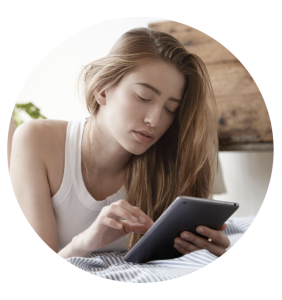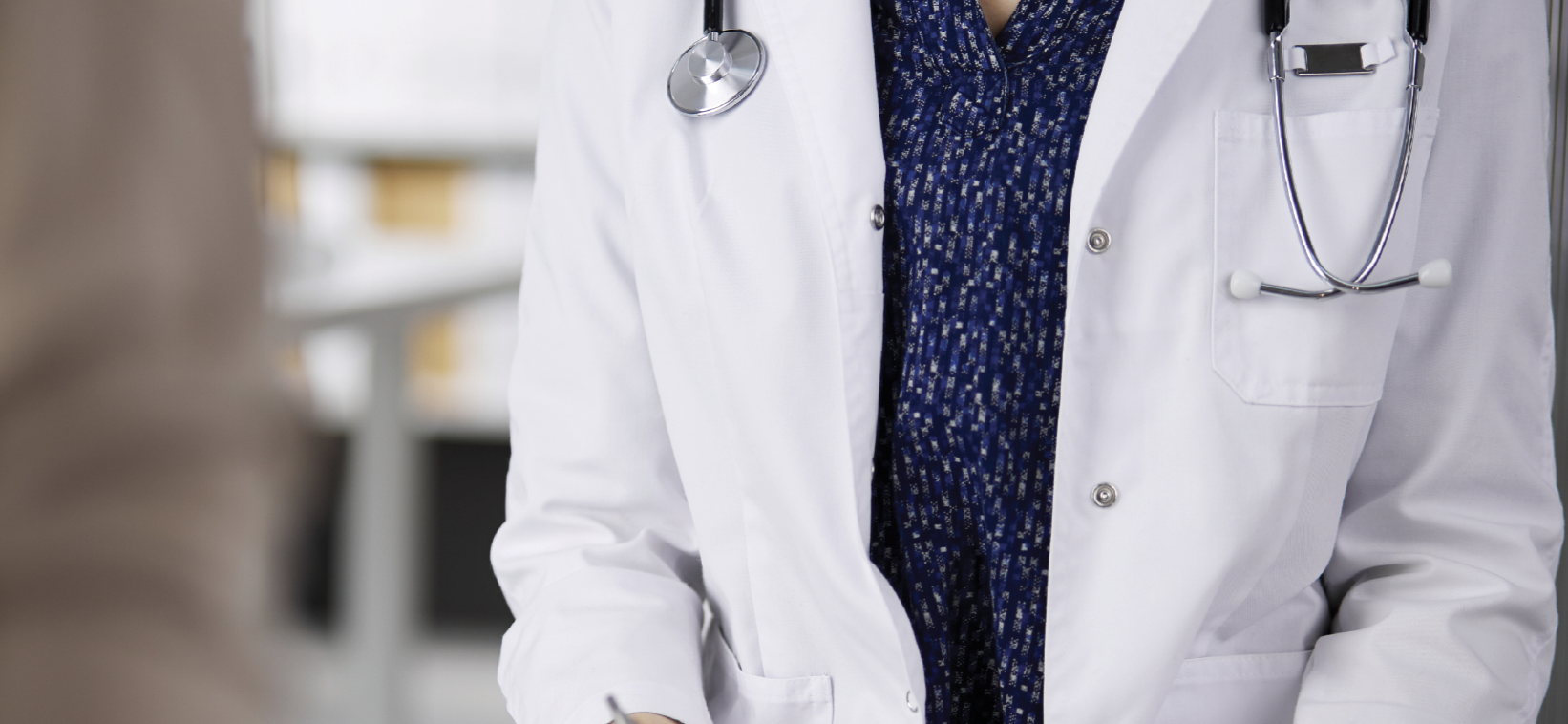 Question: Can light therapy help me sleep better? How does it work?
Question: Can light therapy help me sleep better? How does it work?
Dr. Ramagopal: Light therapy can help if you have a circadian rhythm disorder, insomnia, seasonal affective disorder, or depression. Exposure to bright light suppresses the production of melatonin, the hormone that induces sleep. It helps to realign the body clock with that of the sun, so you are alert during the day and tired towards the evening. There are different tools to deliver light therapy, including light therapy glasses and light boxes. A light box should have an intensity of about 10,000 lux to be effective. The light is full spectrum or only blue light. Ideally it should be placed 18-24 inches away; exposure for 15-30 minutes is sufficient. Lower intensity lights will need a longer exposure to be effective. Although light therapy is a safe treatment, there can be mild side effects like headache and irritability which will likely decrease with time.
Dr. Thomas: Light therapy likely would not help an average sleeper under average common sense lighting conditions such as turning down the lights around 8:00pm, turning lights on around 6:00am, and keeping it dark while sleeping. Therapeutic light can be used for bothersome delay (morning light) or advance (evening light) of internal circadian rhythms.
Dr. Lipford: Bright light therapy can be used to manage circadian rhythm sleep disorders. These are disorders in which people have a sleeping pattern that falls outside of what is considered the social norm. A sleep specialist will carefully work with the person to decide on the optimal timing and duration of light exposure depending on the symptoms. Light therapy can help shift a person’s “internal clock” and facilitate sleeping during a more acceptable timeframe. Light therapy can also be used for other sleep and mood disorders. It is important to work with your medical provider to ensure it is right for you and is delivered in the right way.
Is it okay to use an e-reader before bed?
 Dr. Ramagopal: Reading using an e-reader or a tablet before bed is a popular way to “wind down.” E-readers use e-ink screens, which emit less blue light than tablets, but they still use blue light spectrum for back lighting. Newer versions of e-readers have better blue light filters but it is not completely absent. Exposure to blue light can prolong sleep onset, interrupt melatonin secretion, and disrupt the circadian rhythm. Some e-readers have night mode and dark mode features, which block blue light. This has a positive effect on the circadian rhythm and decreases eye strain.
Dr. Ramagopal: Reading using an e-reader or a tablet before bed is a popular way to “wind down.” E-readers use e-ink screens, which emit less blue light than tablets, but they still use blue light spectrum for back lighting. Newer versions of e-readers have better blue light filters but it is not completely absent. Exposure to blue light can prolong sleep onset, interrupt melatonin secretion, and disrupt the circadian rhythm. Some e-readers have night mode and dark mode features, which block blue light. This has a positive effect on the circadian rhythm and decreases eye strain.
Dr. Thomas: With the light intensity at the lowest level, it is probably okay. A light meter phone app can be used to measure the lighting level; the light at the eye should be less than 10 lux. Reading cognitively engaging or disturbing material may be unwise.
Dr. Lipford: The honest answer is maybe. For some, reading before bed is a relaxing activity which helps disengage the mind and leads to falling asleep more quickly. For others, reading is a stimulating activity and may make falling asleep more difficult. If you like to read in bed, consider choosing content that is interesting, but you can still put the book or device down when it is time to go to sleep. An exciting murder mystery may not be the best choice before bed! E-readers and other electronic devices have the added stimulating effect of light, which can make it harder to fall asleep. Many of the newer devices have settings which reduce blue light and have adjustable backlighting which can help.
How can I tell if I’m sleeping well?
Dr. Ramagopal: The following are qualities of good sleep: the ability to fall asleep within 30 minutes of lying in bed, waking up not more than once during the night, and getting the age-appropriate amount of sleep. In adults, the recommended nightly amount of sleep is at least 7 hours. School-aged children should get at least 9-12 hours per 24 hours and teens 8-10 hours per 24 hours. Additionally, you should feel refreshed upon waking up and not be sleepy during the day. The need for a nap during the day could indicate that there is a problem with nighttime sleep.
Dr. Thomas: Some clues that all is not well in the land of sleep include waking up very tired, being unable to stay awake in quiet daytime conditions, taking more than 15-20 minutes to fall asleep, waking up more than 2-3 brief times or for more than 30 minutes at night, waking up gasping for breath, having trouble waking up in the morning (multiple snooze button hits), having bedsheets that look like a war zone, or having a partner who is alarmed at your sleep behaviors or breathing patterns.
Dr. Lipford: Most individuals need 7-9 hours of sleep nightly. If you are obtaining sufficient sleep on a regular schedule, you wake up feeling rested and refreshed, and you have good energy levels during the day, you are likely sleeping well.
My sleep tracking app says I’m not getting enough deep sleep. How do I improve it?
Dr. Ramagopal: In addition to sleep hygiene recommendations, tips to improve deep sleep start with changes to the daytime routine. Moderate aerobic exercise, even for 30 minutes a day, can improve sleep quality. Exposure to sunlight helps reset the body’s circadian clock and promotes better sleep. Strenuous exercise within 1-2 hours of desired bedtime is not recommended because it can prolong the time to fall asleep. Eating a heavy meal too close to bedtime can also prolong sleep onset and sleep quality. Avoiding caffeine after 3pm is generally advised. The effect of alcohol on sleep depends on individual factors like age, gender, and body type; less than one glass of wine in women and less than two glasses of wine in men can decrease sleep quality.
Dr. Thomas: The estimation of deep versus light sleep through consumer apps is not particularly reliable in people who need it the most: those with abnormal sleep. Trying to get to a “number” is not wise, outside of average sleep behaviors. For example, reducing your time in bed will likely increase “deep” sleep but that might cause you to be sleep-deprived. Apps are best for those who generally sleep well but put their sleep under stressors of various types; longitudinal tracking is probably the best use. Apps are useful in the sleep clinic, where the doctor knows what part of the output to use and how.



